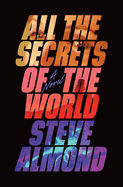ABA Snow Days Opening Keynote: Jane McGonigal on Imagining the Future of Bookselling
 "We are so excited for the programming we have for you. And we're particularly excited about the conversations we plan on having about the future," American Booksellers Association CEO Allison Hill said yesterday before introducing Jane McGonigal, who presented ABA Snow Days opening keynote, "How to Imagine the Future of Bookselling."
"We are so excited for the programming we have for you. And we're particularly excited about the conversations we plan on having about the future," American Booksellers Association CEO Allison Hill said yesterday before introducing Jane McGonigal, who presented ABA Snow Days opening keynote, "How to Imagine the Future of Bookselling."
"Today I'm going to teach you to time travel. Not in a machine, but in your own mind," said McGonigal, a future forecaster, designer of alternate reality games and bestselling author whose most recent book is Imaginable: How to See the Future Coming and Feel Ready for Anything--Even Things that Seem Impossible Today (Spiegel & Grau, March 22). "I'm going to teach you how to time travel so that you can go somewhere better than today and spend some time in a world that feels good, a future world where we've changed some things that need to change."
 |
|
According to her research, since the beginning of 2020, there have been more than 2.5 million headlines and news stories with the word unimaginable in them; and over three million news stories with the word unthinkable. "We've all lived through these unimaginable and unthinkable events together," she said. "The fact that these two words show up so often in our stories tells us something important about our global condition. We are in a state of collective shock."
She posed a question: How can we feel at ease and secure, or even excited about the future, if we're constantly bracing ourselves for the next unimaginable event or unthinkable change? McGonigal conducts studies about what happens in our brains and bodies when we try to imagine the future, and creates games to help predict and simulate hard to imagine futures, believing that humans can develop a mindset she calls urgent optimism.
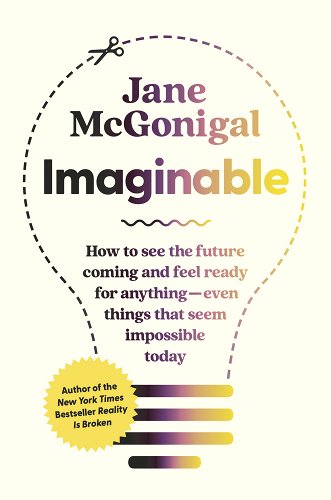 "Mental flexibility is the opposite of being stuck mentally," she said. "It's the ability to recognize that anything can become different in the future, even things that seem impossible to change today. Realistic hope is a balance of positive and shadow imagination. It's knowing which risks and threats it makes sense to worry about, but also which new solutions, technologies, ideas and positive actions it makes sense to be excited and optimistic about. And future power is the feeling of control; it's the agency to directly impact how the future turns out by taking intentional action today. "
"Mental flexibility is the opposite of being stuck mentally," she said. "It's the ability to recognize that anything can become different in the future, even things that seem impossible to change today. Realistic hope is a balance of positive and shadow imagination. It's knowing which risks and threats it makes sense to worry about, but also which new solutions, technologies, ideas and positive actions it makes sense to be excited and optimistic about. And future power is the feeling of control; it's the agency to directly impact how the future turns out by taking intentional action today. "
Using these three principles, McGonigal's first game asked the audience to answer three questions--using a 1-10 scale--regarding their expectations for the next decade in bookselling, then add up their answers. That number, which she called an urgent optimism score, is designed to be a conversation starter.
"Urgent optimism is not a fixed personality trait," she observed. "It changes often throughout our lives and it changes from topic to topic.... There's not just one singular future that we're trying to shape. There are many different futures that intersect and shape each other.... We can purposefully build more urgent optimism when we need it most."
Her work at the Institute for the Future in Palo Alto, Calif., focuses on Future Imagination Training. "What we're really trying to find out is what does it really mean to find something to be hard to imagine, and how can we get better at it?"
McGonigal asked the audience to imagine, in precise detail, what it would be like waking up tomorrow morning ("a highly imaginable future"), a year from now ("Your imagination is now working harder."), and 10 years from now ("For most people, the sensation of this activity is like reaching for something that isn't quite there.").
She said this Mental Time Travel is the "ability to transport yourself forward in time and pre-experience a future event. Mental Time Travel is more than just thinking about the future. It's simulating the future in your mind.... Mental Time Travel can also help us change our communities, change our industry, change society, especially when we go on mental time trips together, to visit worlds together that other people might describe as unthinkable or unimaginable today."
Another game called upon the audience to travel collectively a decade into the future, where the government has established Thank You Day, which includes a "book gifting" aspect through a registry integrated with Bookshop.org. Enthusiasm in the chat room was high for that one.
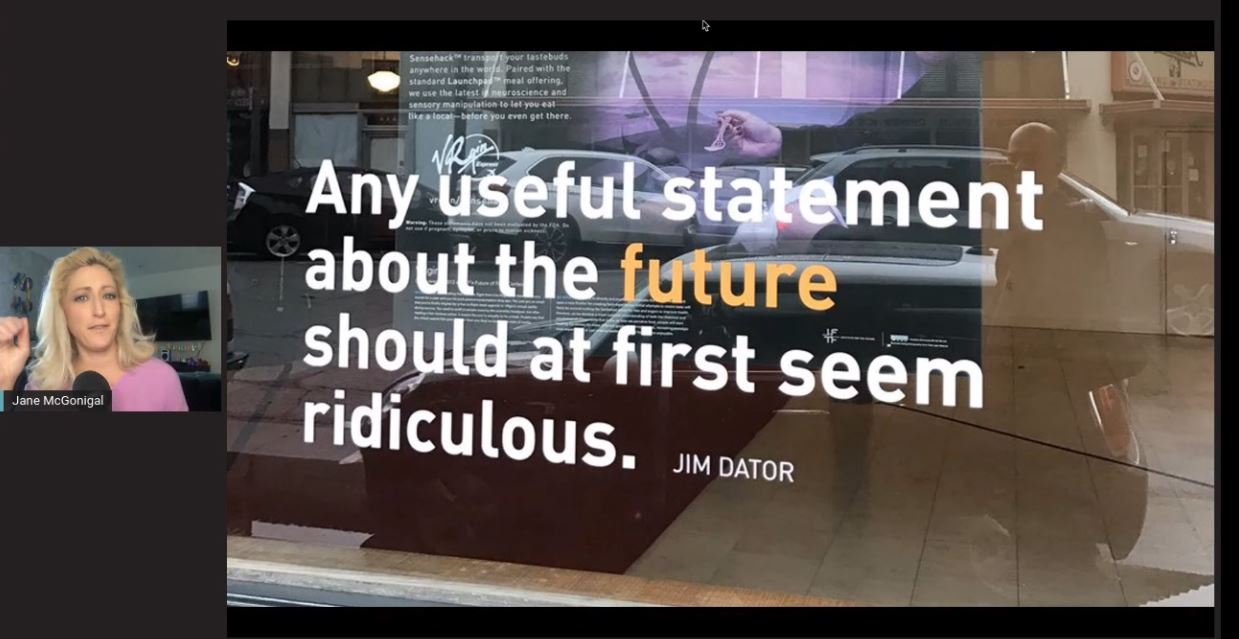
"If you were to visit us at the Institute for the Future you would find this law painted right on our front window," McGonigal said. " 'Ridiculous at first futures' are the kind of futures that we might hope for, that we might work for, or pray for, or mobilize for even as so many other people tell us that the kind of positive change we want to achieve is impossible, the transformation is unimaginable." --Robert Gray













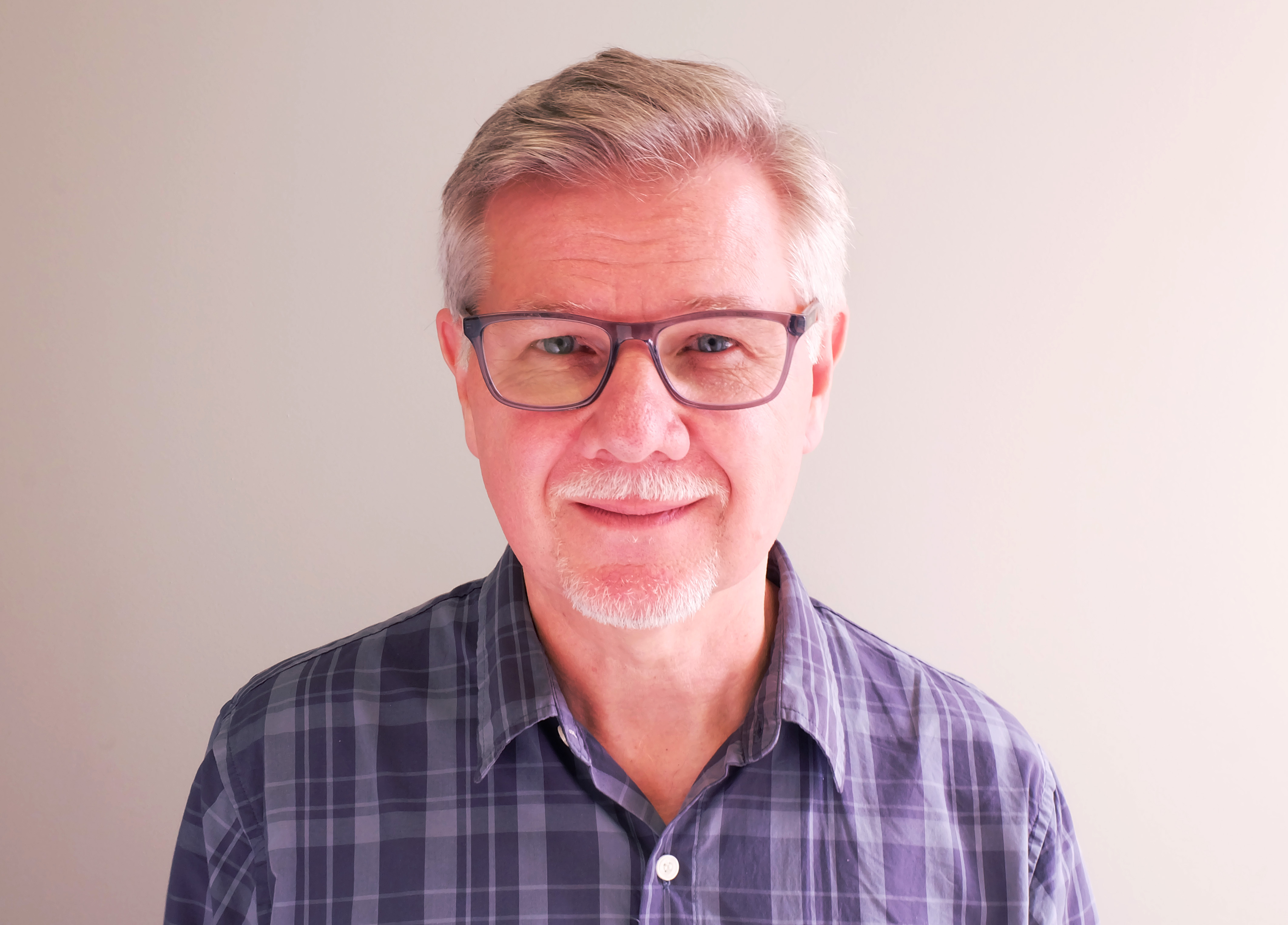
 You write in an author's note that the book's protagonist is inspired by your little sister, Linda. Was she the inspiration for the whole story? How does Linda feel about the character of Kate?
You write in an author's note that the book's protagonist is inspired by your little sister, Linda. Was she the inspiration for the whole story? How does Linda feel about the character of Kate? 
 This is your first authored and illustrated title. Did the story come to you first in pictures? In words? As both?
This is your first authored and illustrated title. Did the story come to you first in pictures? In words? As both?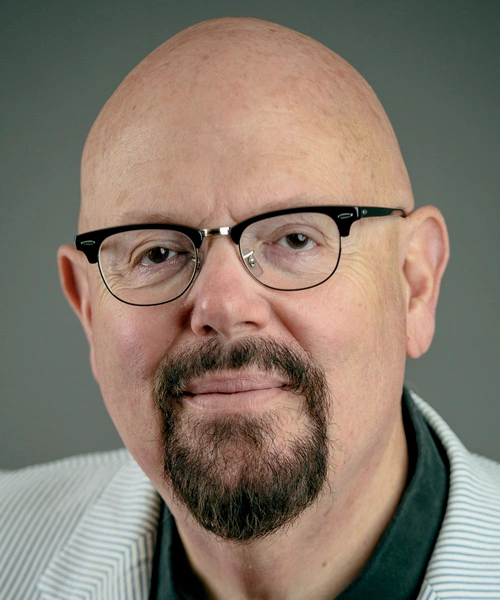
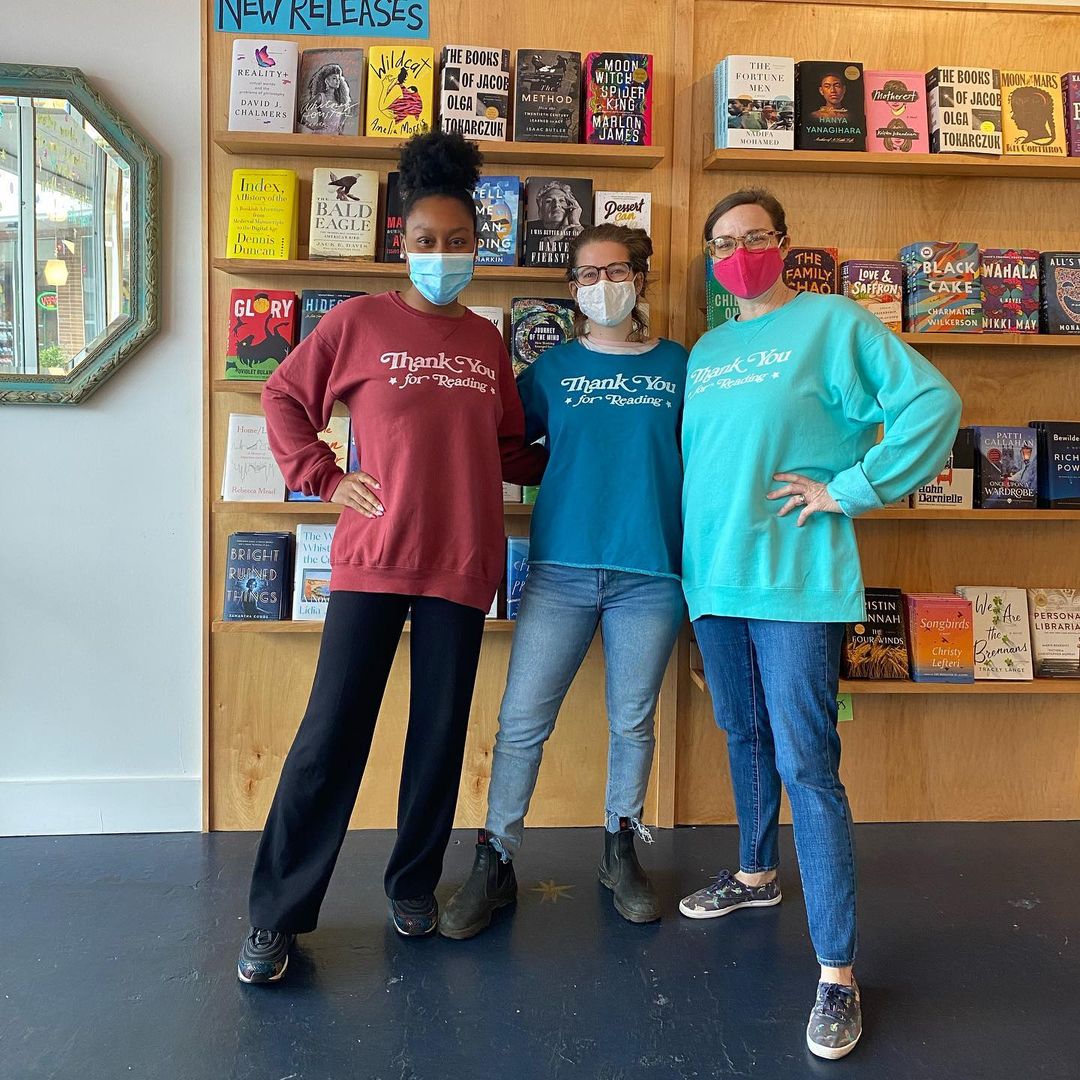
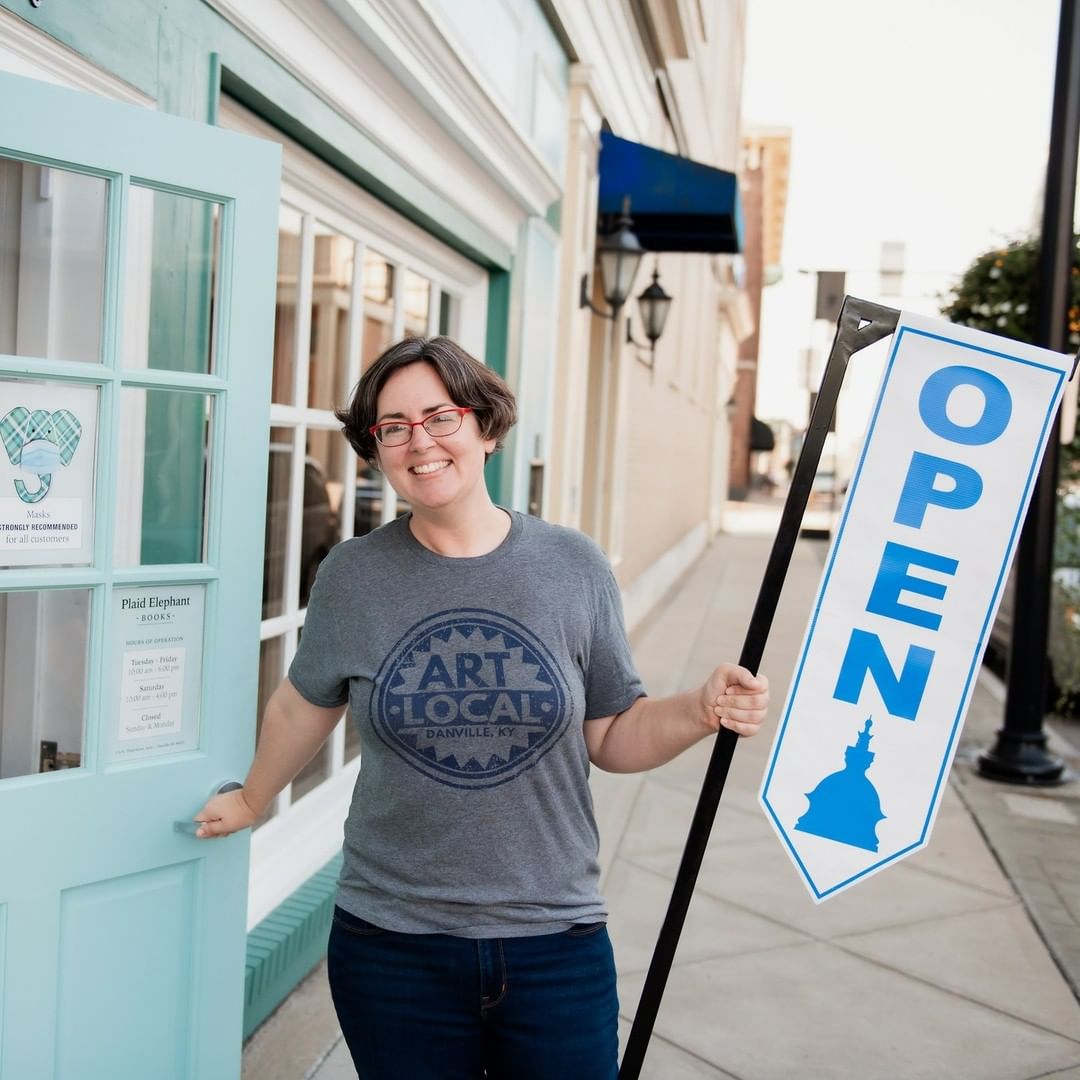

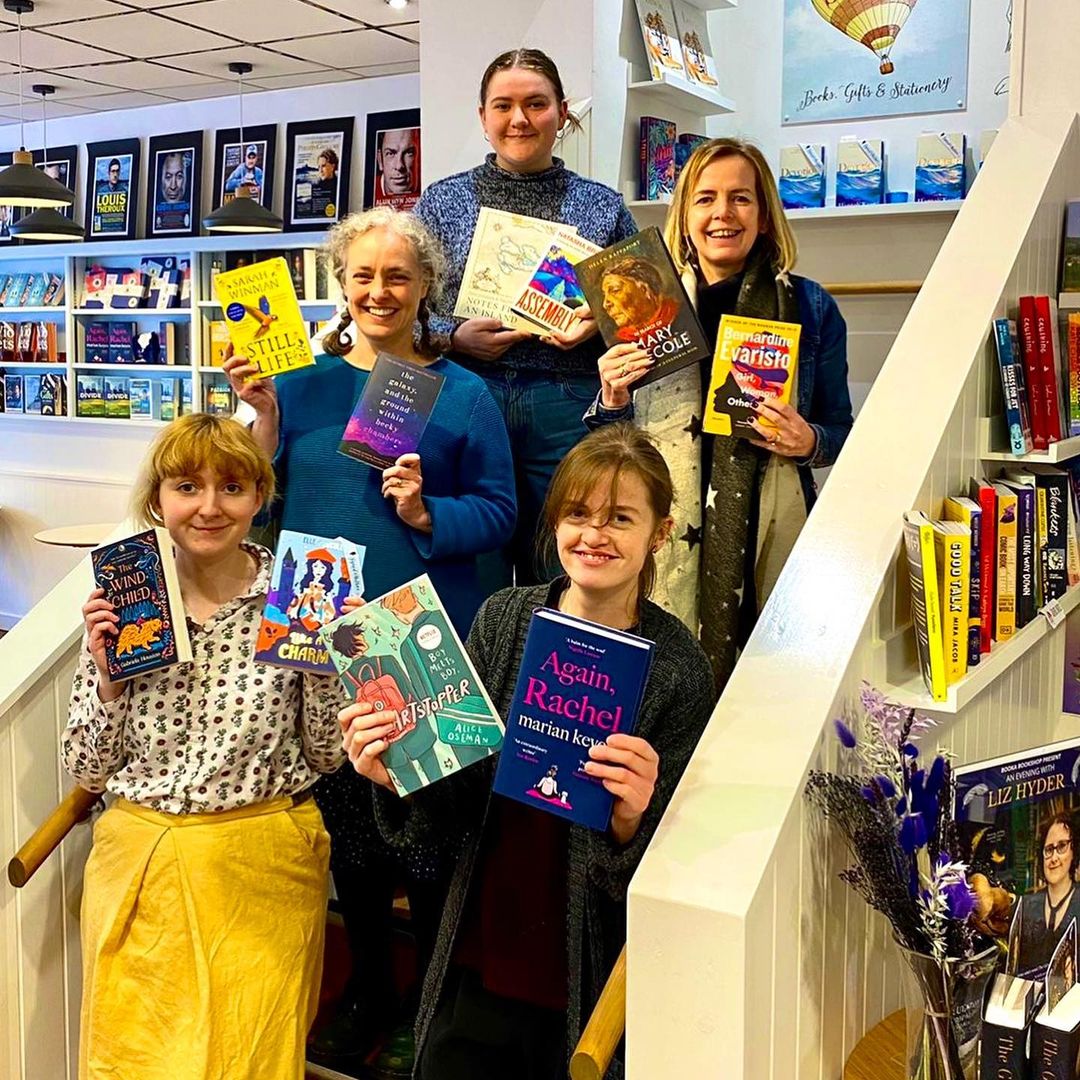
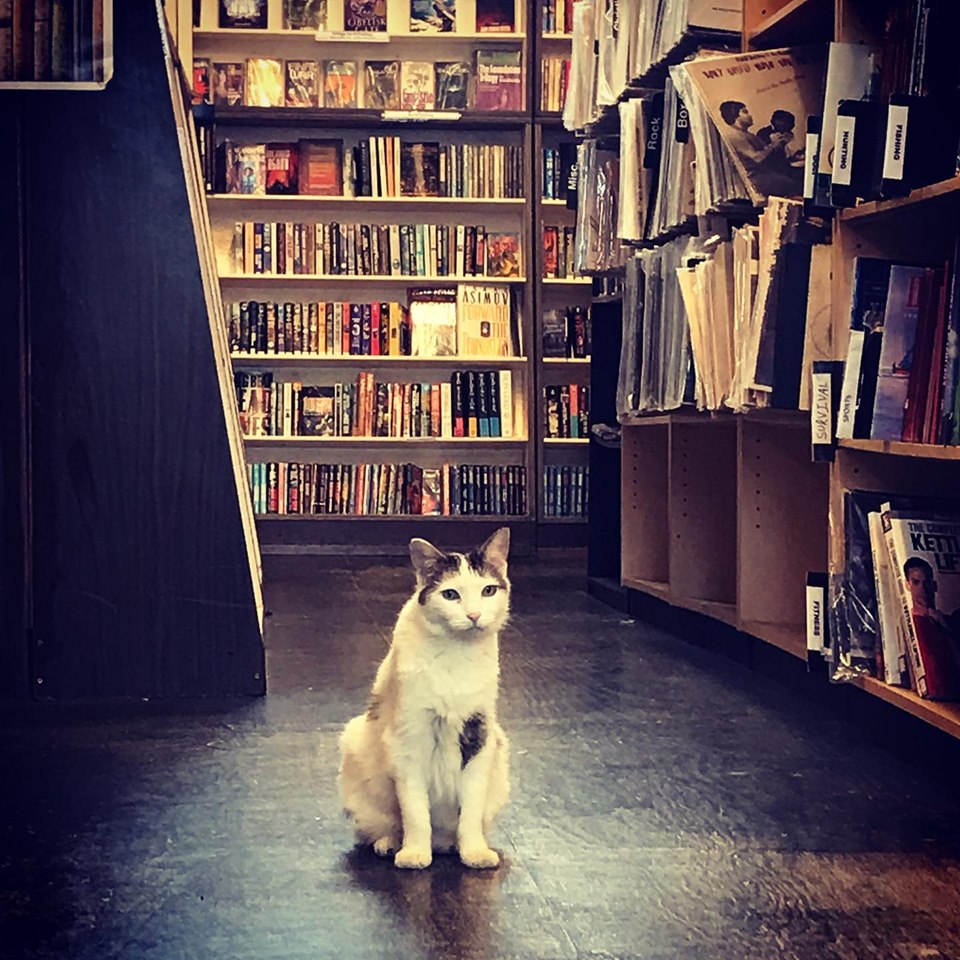 Ed Justus, co-owner of
Ed Justus, co-owner of  Love Poems in Quarantine
Love Poems in Quarantine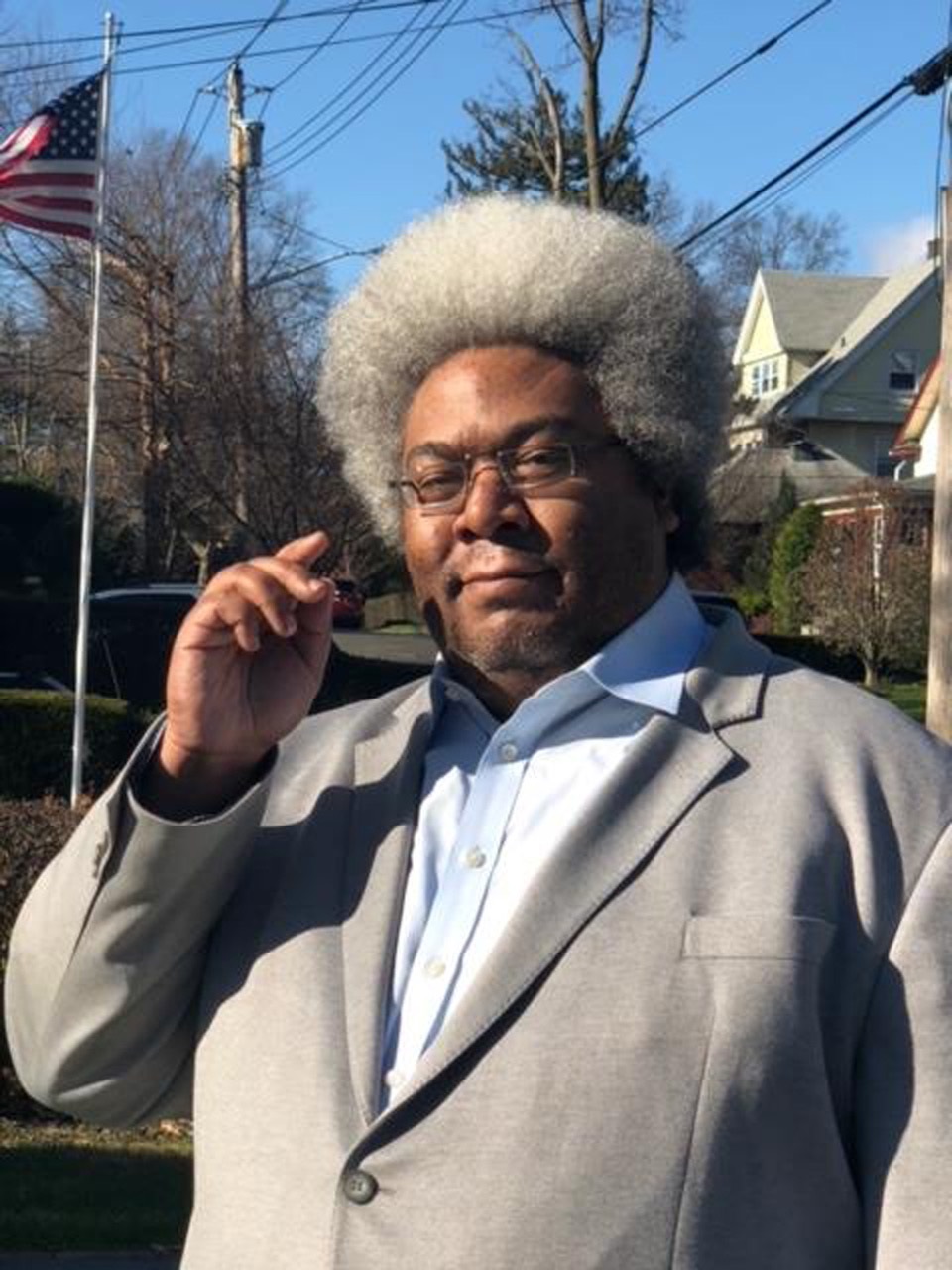
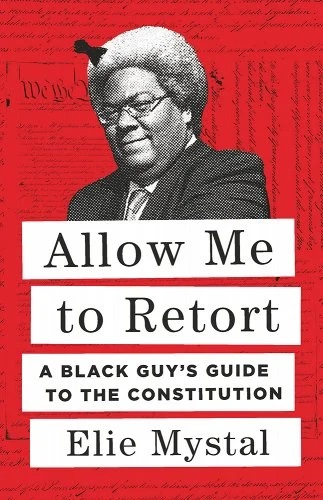 Book you've bought for the cover:
Book you've bought for the cover: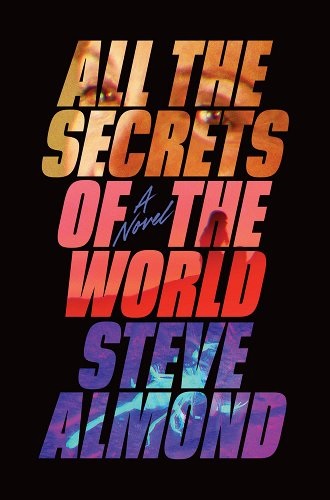 The fates of two Sacramento families collide most spectacularly in All the Secrets of the World by Steve Almond (
The fates of two Sacramento families collide most spectacularly in All the Secrets of the World by Steve Almond (